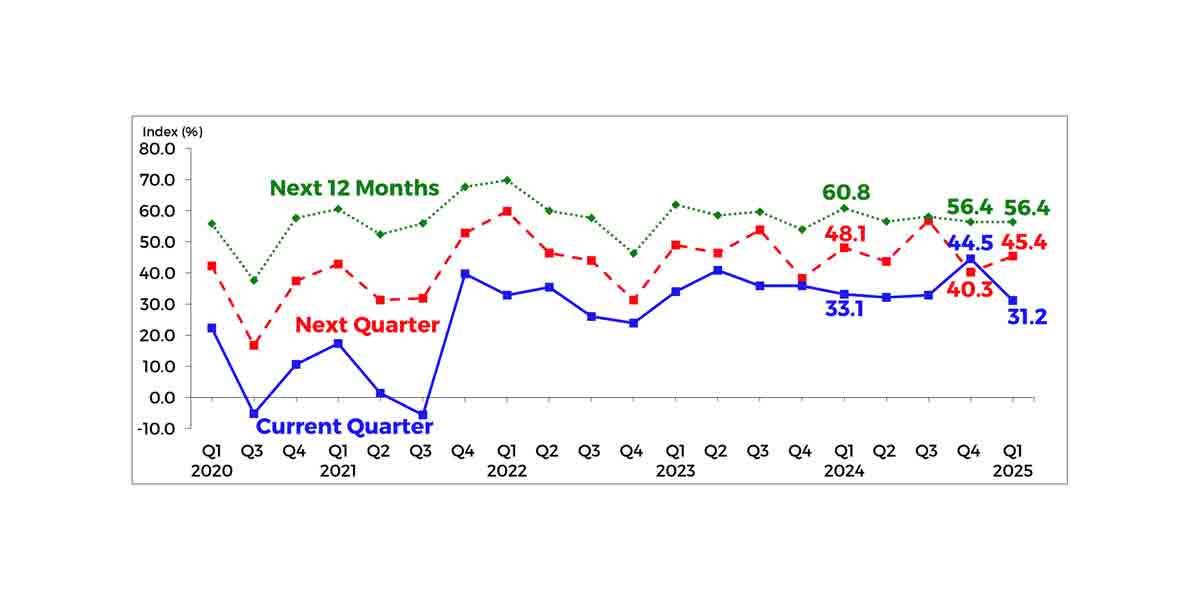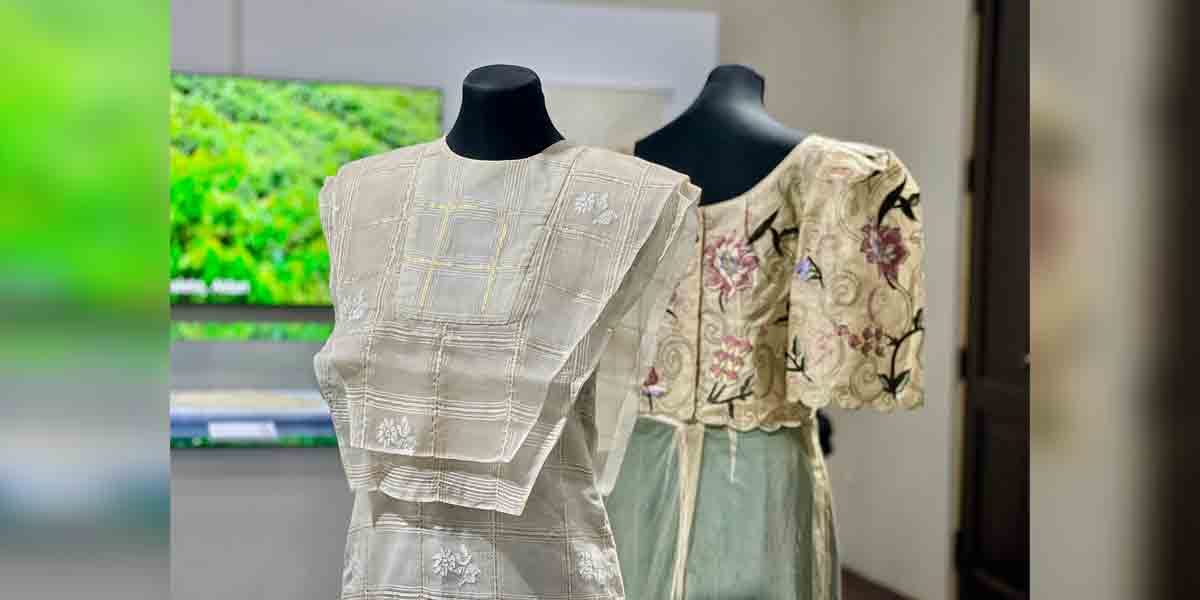By Klaus Döring
For most, giving up a smartphone in 2023 would be an almost inconceivable inconvenience. But those who’ve done it say they found delight with dumber devices
Earlier this year, Angelo Profera’s smartphone gave up the ghost. Like many 21-year-olds, he’d been using it a lot: messaging friends, scrolling social media and taking care of personal admin. But he’d also started feeling like the phone was more chore than convenient. “I felt a lot of pressure to be connected,” he says. “I didn’t like how much energy I was putting into answering voice messages and being available all the time.”
Browsing for a replacement phone, he had a brainwave. He left the shop with a phone that had no internet and could only receive calls and text messages: a dumb phone. It was a bold move for a smartphone native, and Profera, who lives in Switzerland, was initially worried his new device might cause some problems. Instead, he says, it has transformed the way he interacts with the world.
He now calls people when he wants to speak to them, rather than having drawn out chats on WhatsApp, which has improved the quality of his relationships. And he feels more confident and productive, including in his work as an engineer. “With calling people much more regularly, I felt more comfortable speaking to businesses and getting things done.”
Profera is not alone: although smartphone sales globally continue to rise, an increasing number of people are trading in their smartphones for simpler, more basic models. HMD Global, owner of Nokia, recently reported that the market for limited-feature flip phones is up 5% in the US and rising in Europe, while reports suggest sales in Australia have doubled in the past year. Nokia has even embraced the ‘dumb phone’ moniker.
The first iPhone was released in 2007, and just one year later the UK Post Office coined the term ‘nomophobia’ to describe the fear of going without a mobile. Now, smartphone usage is almost ubiquitous in wealthy countries. UK mobile users spent an average of 4 hours and 14 minutes a day on their phones in 2022, while in Australia it was closer to 5 hours.
We’re regularly warned of the effects that too much screen time can have on our sleep, relationships and mental health. Frequent, too, are studies showing rising rates of smartphone addiction.
So often where there’s a gain from technology, there’s a loss too
Ru Litherland, 49, has passively observed the rise in smartphone usage over the past 16 years. The London-based market gardener finds it difficult to understand how people have become so attached. “There’s an uncritical embracing of it,” he says.
“Technology should be there to serve us, but so often technologies are created to make profit … I approach it from the perspective of: how useful is this, and what do we lose from it? So often where there’s a gain from technology, there’s a loss too.
Though Litherland recognizes the practical side of smartphones, he thinks they can take people away from appreciating the world around them. Though the alternative might involve a long queue at the bank; time spent waiting on hold at a call center, or communicating via letter, Litherland sees these tasks as opportunities for more meaningful social interactions.
Dr Zeena Feldman, a senior lecturer in digital communications at King’s College London, says smartphone refusers typically fall into three groups: the older generation who have never really used them; middle-aged people who have chosen to give up their phones because of privacy concerns, and younger people who “have realized the toxicity of this dependency we have on our little pocket computers”.
Feldman says gen Z advocates tend to be middle class and fairly privileged – typified by the New York City ‘Luddite Club’.
Temporary or permanent smartphone blackouts have also received celebrity endorsements: Michael Cera, Selena Gomez and Aziz Ansari are all converts.
Litherland reluctantly bought his first smartphone a year ago. It was a decision he felt forced into: many school social activities are now organized through WhatsApp groups, and he was worried about limiting social opportunities for his child. WhatsApp aside, he has not downloaded any social media apps but says he does appreciate the camera.
For those who have already used smartphones, switching back to life without one can prove difficult too. Catherine Webb, 45, has tried several times, using a dumb phone for months at a time. She says she finds it “freeing”.
“In spare moments you can just think, rather than pick up the phone and find out that the world is ending, or that you have a worrying work email, or that someone on the internet is annoyed by an inconsequential thing.”
David Sorauer, a digital marketer from Sydney, finds our addiction to smartphones troubling, particularly the idea that people should always be contactable. Rather than switching handsets, he has used every setting available to dumb down his smartphone. He permanently set his phone to grayscale, so the screen is less appealing, uninstalled all social media apps, and hid other time-sucking apps such as email, news and web browsers.
This means he can still use the phone for practical tasks like finding directions, banking and taking photos, but the device is far less tempting for mindless browsing. He says it hasn’t affected his job because he sets clear expectations about when he will be contactable. “Reducing my dependence on constantly being connected” has given him “a feeling of freedom and clarity”.
Meanwhile, gen Z interest in dumb phones may not be a wholesale rejection of technology either. The 1bn views of ‘flip phone’ videos on TikTok suggest it is as much about the nostalgic (or ironic) trend towards Y2K technology as it is about switching off.
I remember the time, when one of my first Japanese friends kept on complaining, why I didn’t operate a cellphone. Believe me, during that time, sometime in 2000 or 2001, I was even typing my articles on an old typewriter from Germany.
My Japanese friend then bought me a computer – and a cellphone! Some other friends congratulated me: “Welcome back to the world!”
Now we are living in December 2024.
Last Sunday, I really got mad. Attending mass, I observed a family (father, mother, boy and girl) keeping on using their cellphones during almost the whole ongoing mass. Heaven forbid! Even while falling in line receiving the holy communion, the father kept on texting and browsing Facebook. Step by step. Just in front of me! Heaven forbid! Guys, why are you still attending mass? Later on, the children kept on playing video games… .
Sometimes, I observed (business-)people operating with two or even more cellphones at the same time. Even while taking lunch in a restaurant. I asked them: “How did you survive doing business before without these units?” Believe me or not. The answers have been mostly: I really don’t know!
Doing business nowadays without a cellphone? Even in a very private life? Many people can’t imagine it anymore. I can! Though Philippines’ cellphone companies really provide us with the widest distribution and the broadest coverage to very affordable charges. I really enjoy, for example, the unlimited call experience – just to mention one. But, not at any time!
But then it happened! I thought I had lost my cellphone. I panic, losing all my important connections. This “thing” really has a special meaning for me. And here we are: not only for business. Just even for a short “Hi – kumusta ka?” I really felt lonely!
A couple of hours later, I found IT. Misplaced somewhere in the bathroom under a towel in a silent mood. Four miscalls (yipee!), several text messages. Not only “Hi – kumusta ka?” A special evening meeting had to be confirmed.
Allow me to quote Philippine Star columnist Igan D’Bayan, who wrote a couple of years ago: “We don’t speak like Hamlet anymore. Most of us speak Taglish and write in Filipinized English. And while holding a mobile phone, we type ‘2b or not 2b’. And that’s supposition!”
Btw (‘by the way’), during nighttime, I turn off my cell phone. How about you? And, I really get mad if my students keep on using their “machine” during class.
Alert your family, friends and sports club/society members when you can, and tell them how to reach you in emergencies. Make plans with friends and family in detail ahead of time. Do something different with the time you’d usually spend on your phone – read, go for a walk, go to the gym, study, cook. So do I.
+++
Email: [email protected] or follow me on Facebook, LinkedIn or X (Twitter) or visit www.germanexpatinthephilippines.blogspot.com or www.klausdoringsclassicalmusic.blogspot.com .























